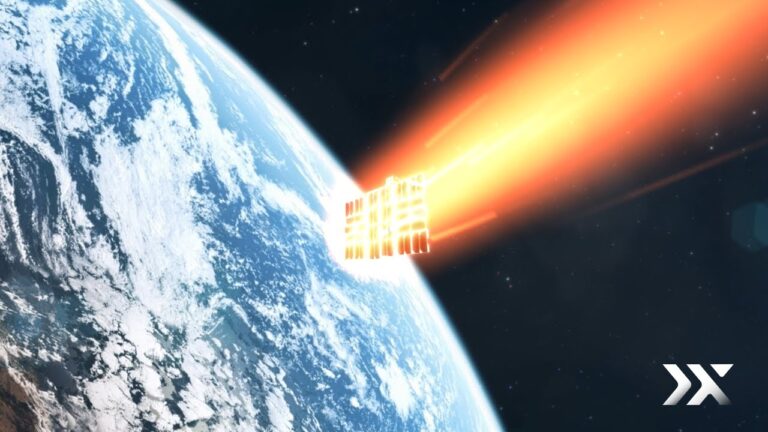World leaders have recognized their responsibility to improve global governance to encourage global development and protect generations to come. Primarily, the new accord entitled the Pact for the Future is aimed at dealing with various affairs of the world by advancing international collaboration and resolving overdue crises. It cannot be denied that increasing pressures pose risks to present and to future generations.
‘That is why we have convinced ourselves that there is a possibility to construct a different, more favorable life for all people,’’ the document reads.
The agreement also identifies 56 actions which must be adopted for the purpose of enhancing international collaboration. The main undertakings include adherence to the principles of multilateralism, the strengthening of the Charter of the United Nations and active participation in the peacekeeping operations. It was also pointed out that it is necessary to reform global financial institutions and the UN Security Council, so that they may cope with more issues connected with today’s world.
Key Global Challenges
Besides institutional changes, the pact contains some of the most acute problems known to be global in nature and politics. These include effective measures against climate change, renewed efforts in the field of disarmament, as well as appropriate strategies regarding the use of artificial intelligence, which is believed by many to influence significantly the future development.
However, the adoption of the document was not without challenges. Russia’s Deputy Minister of Foreign Affairs Sergey Vershinin introduced a change from the previous drafts explaining that, “There is a principle of non-interference in the internal affairs of states.” Russia, together with several of its allies Belarus, North Korea, Iran, Nicaragua, and Syria sought to change the agreement and brought the proceedings to a standstill for some time.
The motion to reject the amendment was finally adopted since the motion to take no action passed with a large majority. The challenge was however overcome, and the pact was ratified.
” It was slightly ‘annoying’ that, and finally Russia once more sought the blockade of the whole process,” German Chancellor Olaf Scholz who was the co-sponsor of the said agreement expressed his thoughts.
The ‘Pact for the Future’ is now perceived as an adequate tool for combatting the current challenges and guaranteeing the well-being of many future generations. It is more or less apparent that exceptions to such political amicability are yet to be filled within geostrategic space.



+ There are no comments
Add yours